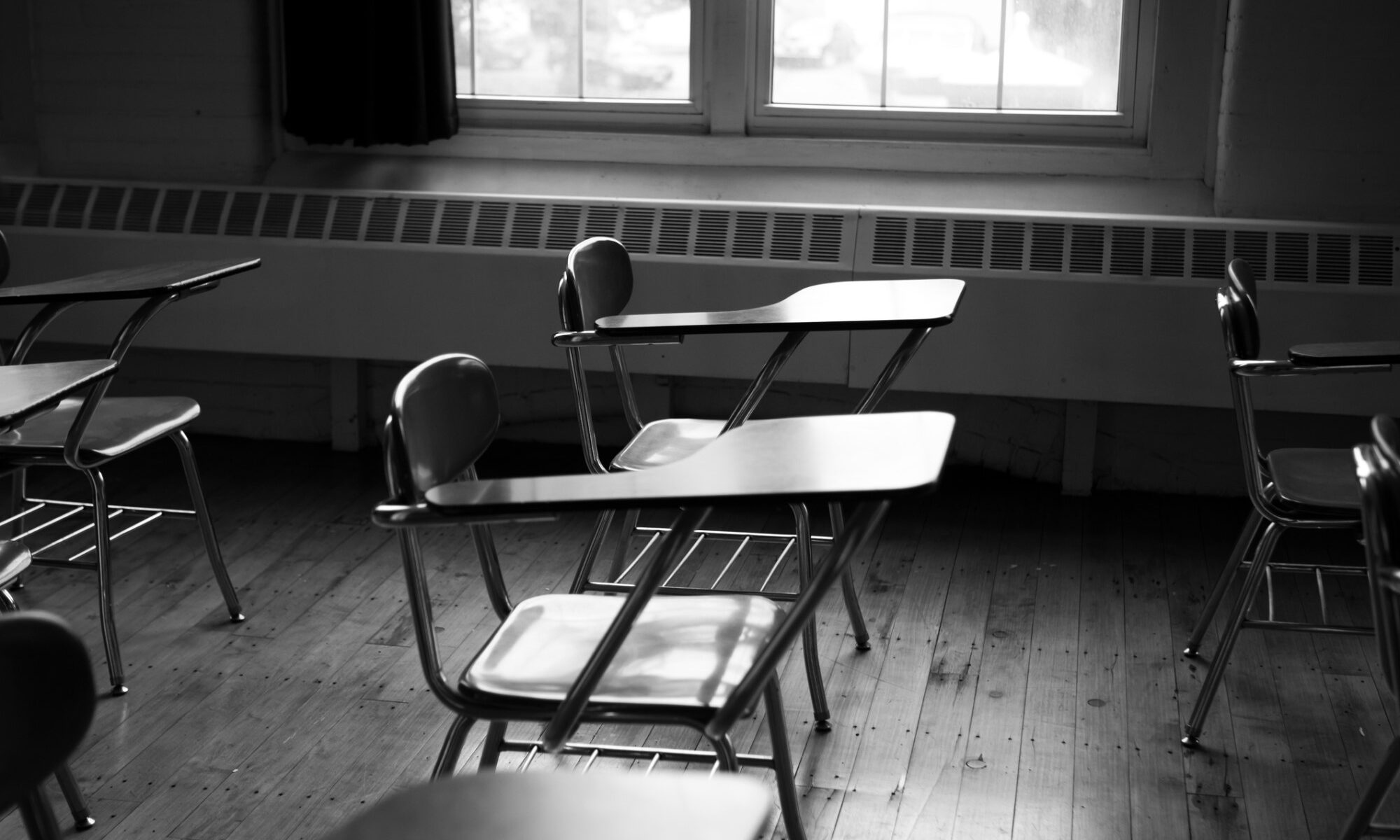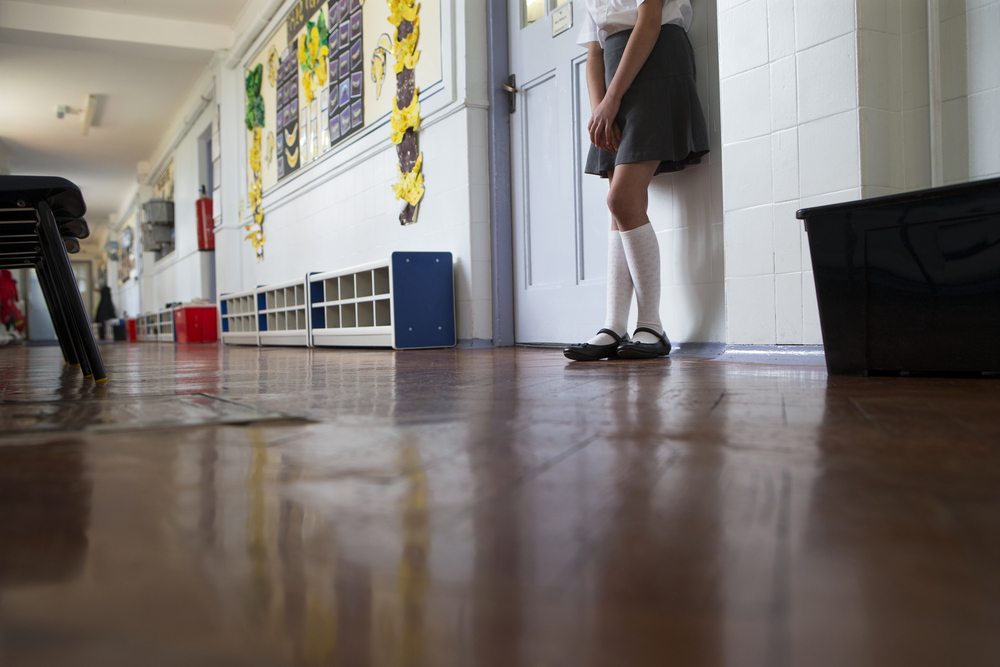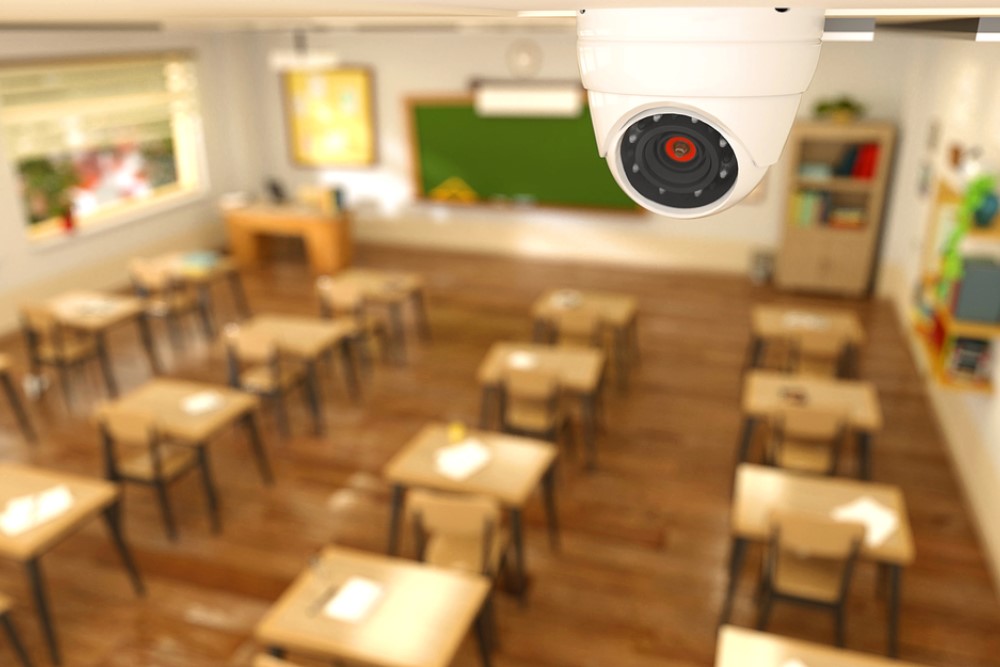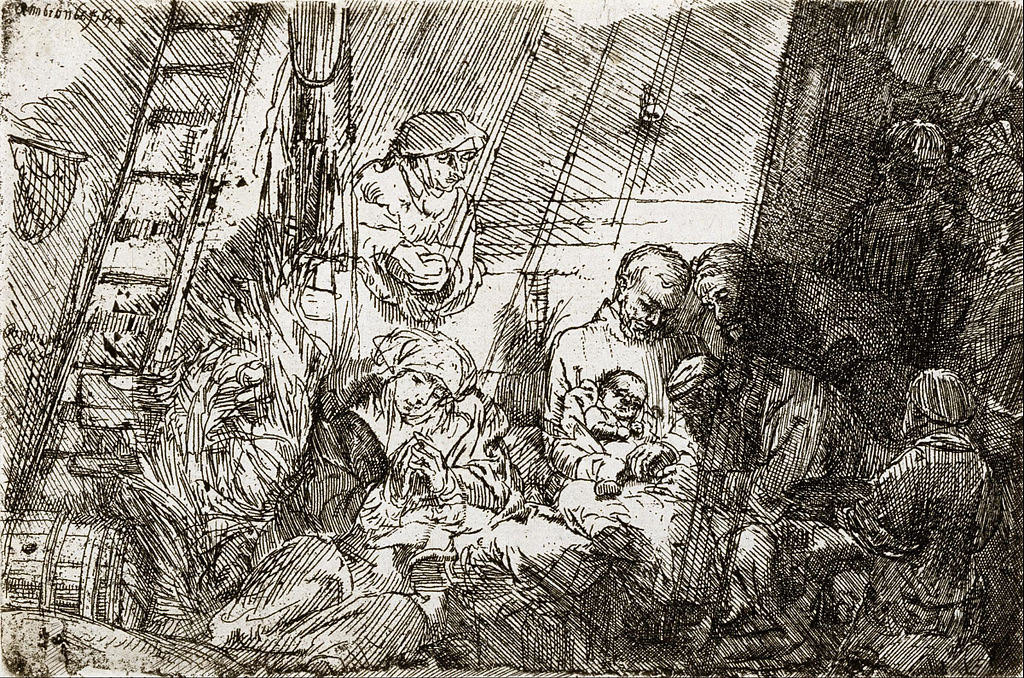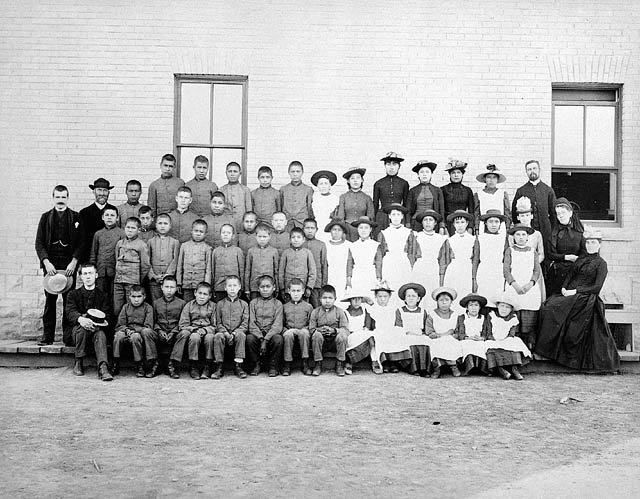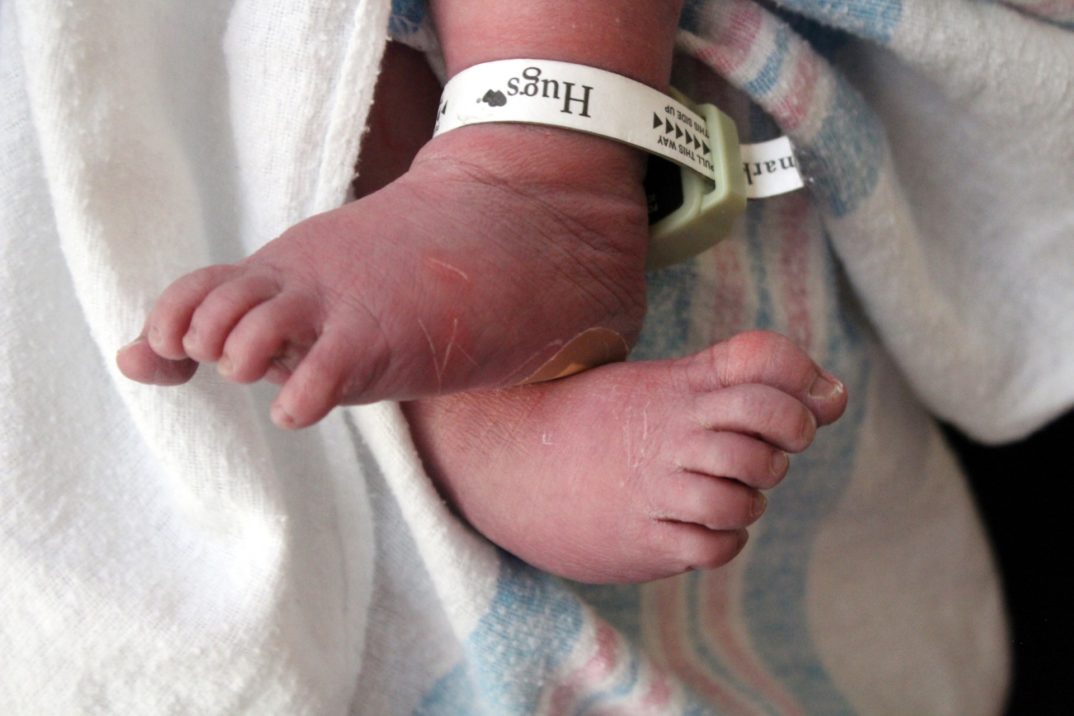In the United States, parents have a curious sort of authority over the education of their children. On the one hand, parents have quite extensive legal authority over whether to send their children to public schools. On the other hand, parents have extremely limited legal authority over what happens within a public school. For an extremely accessible introduction to the state of current law, see this overview, written by the conservative lawyer David French.
As a parent, then, the primary way you can direct what your child is taught is through the choice of school. Your primary three options are:
- Send your child to the public school.
- Send your child to a private school.
- Homeschool your child.
But there is an important complication. Options 2 and 3 are not widely available to all parents. Private school is extremely expensive, and homeschooling, generally, requires a parent be able to stay home from work. Both options, then, are restricted to the relatively privileged.
Should we care? Well that depends on whether we think it’s important that parents be able to exercise substantial legal control over their children’s education. If we think that it is important, then it’s a serious problem that that control is restricted to parents who are wealthy or well-off.
So is it important? This is a surprisingly difficult question to answer. But before we look at possible answers, let’s try to clarify the question.
Clarifying the Question
It is easy to confuse the object-level question “should a child be taught x?” from the meta-level question “who should get to decide whether a child will be taught x?”.
Consider two cases.
One case occurs in today’s Virginia. A school includes in its English curriculum Toni Morrison’s Beloved. A parent opposes their child being required to read sexually explicit material.
The second case occurs in Jim Crow south. A school includes in its biology curriculum a pseudo-scientific article explaining that heritable genetic differences explain why the Black population is poorer than the white population in the United States. A parent opposes their child being required to read racist propaganda.
The object level question is: should the child have to read the material. And here the object level question is easy to answer. In the first case, yes. It is totally reasonable to require that high school students read Beloved. In the second case, no. It is totally unreasonable to teach students racist propaganda as fact.
But what we face is not an object-level question: what does an ideal curriculum look like? Rather, we face a meta-level question: when a parent and school disagree, who should get final say over what the child is taught?
If you answer the school in the first case and the parent in the second case, you are not actually answering the meta-level question. Rather, what you are saying is that you should just be the final arbiter in all such conflicts. Or perhaps that ‘whoever is right’ should get the final say. But unfortunately neither of those are principles that we are able to implement.
So we are still left with a meta-level question. This is not the question of which answer is right, but what procedure should we use to reach an answer. In this case, the meta-level question is should parents be able to overrule a school’s curriculum when they have moral objections to the content of what is taught?
This is not a choice between authority or no authority. Rather, it is a question of which authority, where the main two options are parents or voters (where voters act indirectly through electing the school board or members of government).
This meta-level question is what we need to answer. I don’t have my own answer, but here are three approaches I find plausible.
Approach 1: Whatever is Most Likely to Help Children
Tucker Sechrest, in a separate Prindle Post, suggests that we should generally decide the meta-level question against parents. He suggests that “the belief that parents are best-positioned to judge the educational merits of scholastic programs disrespects the expertise of educators.”
He reaches this position because he thinks that the question of who should get to decide for children ultimately comes down to who is most likely to promote the interests of the child.
Parents merely act as stewards of a child’s future until that youth herself becomes capable of exercising an autonomous will. While we often defer to parents because we think that mother or father might know best, this should not be confused with universal permission; there are very real limits to freedom parents can exercise in determining what’s best for their child. … The state is obligated to protect vulnerable populations who cannot defend (or even express) their interests. It must oppose parental choices which threaten to constrain children’s future options or inhibit their growth and development.
This still leaves an important role for parents. School boards cannot micromanage policy for each student since they don’t know the particular details of each student’s life. Parents do know those details, and thus parents are often better positioned to decide questions like:
- Should a child skip second grade?
- What extracurriculars should the child do?
- Would this child thrive in a Montessori environment?
However, parents should only get to make decisions about the sort of questions where parents are more likely to get the right answer. Because parents are not education experts, they should not decide what students should read in an English or Biology class.
Sure, sometimes a parent will be right and the school system wrong (as in the imagined racist pseudo-science case), but since in most cases of conflict parents will be wrong, Tucker thinks we decide the meta-level question in favor of schools.
The first answer has a lot going for it. But it is important to recognize that it likely entails a massive increase in the power of government over the raising of children.
Tucker illustrates his approach with examples like these:
We limit parental authority to refuse medical treatment for their child, school children are required to have MMR vaccinations, and most states set homeschooling requirements regarding assessment, parents’ qualifications, and curriculum approval.
But these are generally minimal requirements. Parents cannot refuse life-saving medication. But they don’t need to take other recommendations from doctors (even though it’s surely the case that doctors make more reliable medical decisions than parents).
Similarly, do I really need to think that parents are more likely to discern the true religion to think that parents should be able to decide on the religious education of their children? In Medieval Christendom, states did not require Jewish parents to baptize their children Catholic. This was not because the state thought that individual parents were more likely than the state to be correct about religion. Rather, it was because people thought that parents had the right to set the religious education of their children.
Medieval law did not say parents could do whatever to their children. Abandoning or killing a child was still murder. But these were limits on the natural rights of parents, not the result of thinking that the most qualified person always gets final say.
Similarly, our current law does not say that parents can only make decisions that they are more likely to get right. Rather, parents have authority over their children about most questions but there are limits to how far that authority goes. These limits are not placed where we think parents become less reliable than the state, but rather where we think parental mistakes would reach the point of child abuse (denying lifesaving treatment, not providing a minimally adequate education, etc.).
Approach 2: Family and Natural Rights
Our first approach treated the family as a construct, a useful organizational scheme for ensuring that children are treated well. Because of that, the rights of parents extend only as far as those rights are useful to the maximal well-being of children.
Another answer holds that parents have natural rights over their children. These rights have limits (such as concerning life-saving treatment), but parents have a default claim to raise their children as they think best.
The idea that parents have some natural rights over children is an old one. A version of this view was held by both John Locke and by Immanuel Kant. My favorite formulation, however, comes in Catholic Social Theology.
In the Charter of the Rights of the Family, the Catholic Church claims that “the family, a natural society, exists prior to the State or any other community, and possesses inherent rights which are inalienable.” Parental authority is not a construction for the public good, but is a natural institution that sets limits on the authority of the state.
Given such a view, it is unsurprising that the Charter goes on to argue that parents should have extensive control over education:
Since they have conferred life on their children, parents have the original, primary and inalienable right to educate them; hence they must be acknowledged as the first and foremost educators of their children.
… Parents have the right to freely choose schools or other means necessary to educate their children in keeping with their convictions. … Parents have the right to ensure that their children are not compelled to attend classes which are not in agreement with their own moral and religious convictions. In particular, sex education is a basic right of the parents and must always be carried out under their close supervision, whether at home or in educational centers chosen and controlled by them.
Of course many people are skeptical of these sorts of natural rights. And it’s perhaps unsurprising that the best articulation of them comes from the Catholic Church, natural rights fit more naturally within a religious moral universe.
So let’s consider one last secular perspective that might also answer the meta-level question in favor of parents.
Approach 3: Pluralism and Liberal Limits on the State
In political philosophy, there is an old conflict between democracy and liberalism. Democracy is simply rule by the people, but that can easily be a tyrannical rule. If we all vote for a state religion, that vote is democratic but it is not liberal. It is illiberal for the majority to enforce their religious values on the minority, even if doing so is dictated by the popular will.
Part of what we want in a liberal order, then, is space for a moral and religious pluralism. We don’t want the government to impose a set of values on people, rather we want the government to construct a fair, shared arena in which people are able to live their own lives in light of their own values.
Within this perspective, however, anytime the government takes on the role of moral education, we have reason to worry. It is one thing for a government to try and educate the citizenry in what they believe to be the right values, but it is another thing entirely if there is no way to opt-out of that education. The moment that moral education becomes compulsory, liberals worry that the state is well on its way to compulsory propaganda.
Even if it turns out that the government’s values are right, we don’t necessarily want the government to be able to use coercive power to impose those values on future generations. Doing so risks destroying the very pluralism and disagreement that secures many of the benefits of a political order.
Of course it might also be bad when parents impose mistaken values on children; but at least different parents impose different values. The government poses a unique danger of imposing a homogenized moral education through the power of legal coercion.
On the liberal view, the meta-level question is decided in favor of parents, not because parents are more likely to have the correct values, nor because parents have a natural right over children, but because broadly distributing educational authority provides a check against the state.
What About our Problem?
If we accept an answer to the meta-level question that says parental authority is important, then as a society we face a real moral problem.
Right now, parental authority over education is largely restricted to those who are well-off. And thus an important social good (maybe a natural right, maybe a check against the state) is denied to parents without many resources.
There are two possible solutions to this problem.
First, you could change the legal status quo. Right now parents have authority over whether their kids go to public school, but very little authority within public school. We could change that, we could create more parental transparency over school curriculum, and give parents the power to opt their children out of some portions.
This, however, could be logistically unfeasible.
Second, you might keep the legal status quo but empower parents with other schooling options. For example, you might increase the use of charter schools and educational vouchers. If it is an important public good that parents can direct the religious education of their children, then perhaps parents should be able to use state resources to send their children to religious private or charter schools.
(There are serious worries about educational vouchers, however. Though, working through those would require a much longer piece.)
Conclusion
Right now, parents have power over their children’s education, but most of that power is reserved to the privileged. If that parental power is important, then the current system is unjust. But it’s unclear what the best solution moving forward might be.

